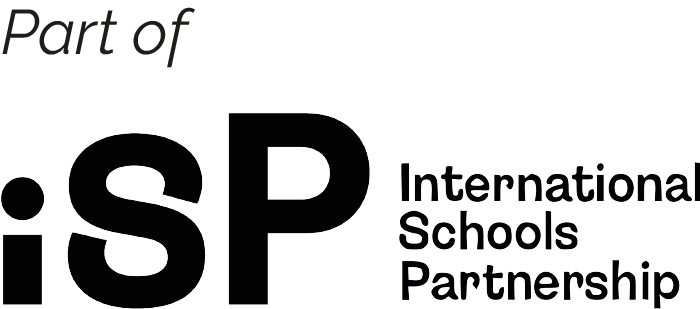FAQ
1 – Why should my child have a bilingual education? What are the advantages it can bring?
We live in a globalized world. The ability to communicate effectively in more than one language is essential in this context. Specifically, the English language has become an international standard of communication. Not speaking English today is no longer professionally acceptable. The difference lies in speaking “so-so” or speaking like a native (or very close to it). Bilingual education makes the process of acquiring a second language much more natural, with significantly superior results. Additionally, there is strong evidence that teaching in a bilingual environment stimulates children’s brains more, resulting in faster and more complete intellectual development. In bilingual education, children deal with language and cultural differences from an early age. Being exposed to everyday situations in English is like living in an English-speaking country.
2 – What is the best age for my child to learn a second language?
The earlier a child learns English (or another language), the better. According to the scholar Charles Hockett (cited by CHOMSKY, Noam – Language and Thought. Petrópolis, Vozes, 1971, 2nd ed.), “By the age of 4 to 6 years, the normal child is a linguistic adult. They have mastered, with few if any exceptions, the phonological system of their language; they effortlessly handle the essentials of grammar; they know and use the basic vocabulary of the language.” Other studies also confirm that a child’s phonetic apparatus is formed up to about age 7. At this stage, they have a greater capacity to absorb information.
3 – How does the process of acquiring a new language work?
It consists mainly of three stages (using the example of a child whose native language is Portuguese and is learning English as a second language):
- Comprehension: The child understands what is being said in English and responds in Portuguese, showing they understand but do not yet have the vocabulary or confidence to respond in English.
- Verbal Expression: This is when the child mixes both languages in sentences. What happens is that some words are more fixed in one language than in the other, so they rely on the words they know and are more comfortable with.
- Structure: At this stage, the child can already form sentences without mixing English with Portuguese. Here, the child knows they can communicate in both languages and understands when to use each one.
4 – Can my child get confused between the two languages?
This is not a concern to worry about. The child begins to learn the language naturally through their daily school routine. When still a baby, they do not have a formed vocabulary, and gradually they begin to understand what they hear, incorporating and repeating words. Often, they create their own invented words. Later, the child filters out the words and starts making complete sentences to communicate. The same happens with languages. The child can differentiate between them and separate them perfectly, becoming bilingual.
5 – How does the BIS bilingual education program work?
BIS has developed a comprehensive bilingual program in Portuguese and English. During Early Childhood Education, children participate in pedagogical activities where the language of communication is English. The teacher will communicate only in this language, ensuring the new language is acquired naturally, through everyday activities. From Elementary School onwards, once literate in both English and Portuguese, students have a curriculum in both languages. The program meets the requirements of the Brazilian National Curriculum Parameters (MEC) and bases its bilingual curriculum on the international curriculum, consistent with a socioconstructivist teaching approach. BIS prepares its students to choose between continuing their university studies in Brazil or abroad.
6 – If BIS’s goal is to make children bilingual, what happens to Portuguese?
This is our distinguishing factor. The program’s goal is to make the child equally proficient in both languages, without sacrificing the Brazilian program in favor of the international one.
7 – From what age does BIS accept children?
We accept children from the age of one.
8 – What classes does BIS currently offer?
BIS offers classes up to High School, meaning it provides education for the entire cycle of Early Childhood Education, Elementary I and II, and also High School.
9 – Do children need to know English to join BIS?
During Early Childhood Education, the requirements are lower. Our experience shows that new students adapt to the new environment quickly. From Elementary School onwards, candidates must go through an assessment process.
10 – How can we, as parents, help our child learn a second language?
There are several suggestions in articles published in the bilingualism section of the website. Check it out.
11 – Do I need to speak English with my child?
If the parents’ first language is Portuguese, we suggest they speak in that language, as their proficiency is much higher. However, this does not mean parents should not create opportunities for the child to have more contact with the English language. It is important to remember that the child is in a phase of full development and should acquire as much information as possible, which happens more naturally in the language they are most fluent in.
BIS is not a language course but a School committed to promoting the comprehensive development of the child.





